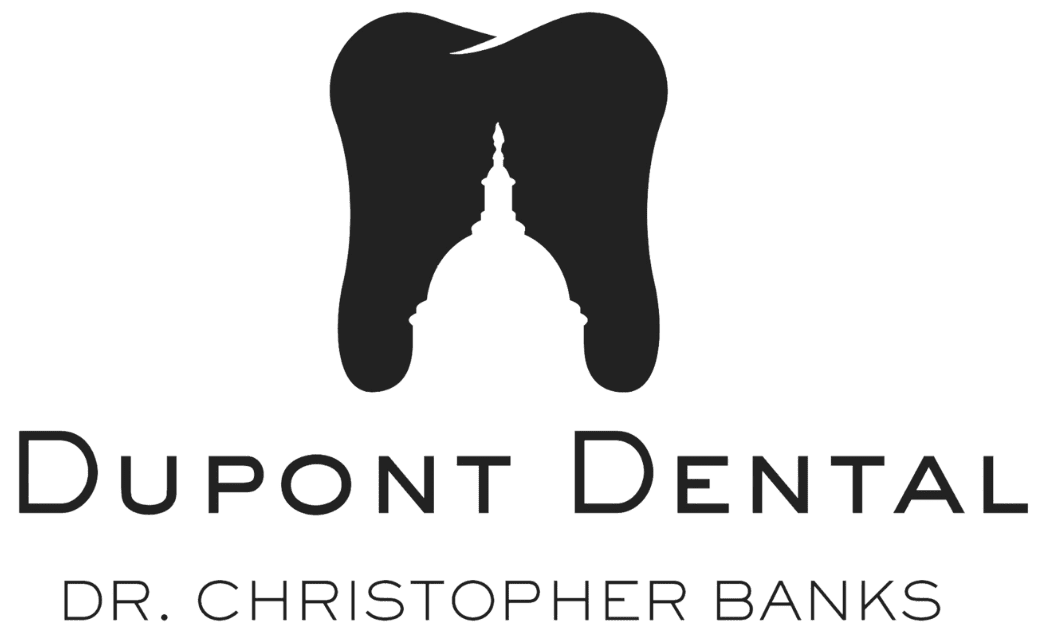Jaw pain can significantly disrupt daily life, affecting essential functions like eating, speaking, and sleeping. Many people experience jaw pain at some point, but not all cases require professional intervention. Some instances resolve on their own, while others necessitate a visit to the dentist. Understanding when to see a dentist for jaw pain is crucial for maintaining oral health and overall well-being.

Understanding Jaw Pain
Jaw pain can originate from a variety of sources, each with its own set of symptoms and implications. Common causes include temporomandibular joint disorder (TMJ), bruxism, arthritis, and various dental issues. TMJ affects the joint connecting the jaw to the skull, leading to pain and dysfunction. Bruxism involves the grinding or clenching of teeth, often during sleep, which can result in significant wear and tear on the jaw. Arthritis can inflame the jaw joint, causing chronic discomfort and stiffness. Dental issues such as cavities or abscesses can also manifest as jaw pain, highlighting the interconnected nature of oral health.
Symptoms Indicating a Need for Dental Consultation
Persistent pain is a clear signal that it’s time to consult a dentist. Pain that lasts more than a week should not be ignored, as it may indicate an underlying condition that requires treatment. Difficulty opening or closing the mouth can signal TMJ, a condition that can worsen if left untreated. Clicking or popping sounds in the jaw also indicate potential issues with the joint or surrounding muscles.
Swelling or tenderness around the jaw suggests inflammation or infection, both of which require prompt attention. Headaches or earaches accompanying jaw pain can indicate referred pain, where the actual source of discomfort is elsewhere in the body. These symptoms require professional evaluation to determine the underlying cause and appropriate treatment plan. A dentist can perform a comprehensive assessment to identify the root cause of the pain and recommend a tailored treatment strategy.
When to Seek Immediate Help
Severe jaw pain necessitates immediate attention, as it could indicate a serious condition. Sudden, intense pain may suggest a fracture or dislocation, both of which require urgent care. Numbness or tingling in the jaw or face can signal nerve involvement, which needs immediate evaluation. Difficulty breathing or swallowing alongside jaw discomfort is an emergency, as these symptoms could indicate a life-threatening condition such as an abscess obstructing the airway.
In such cases, delaying treatment can lead to complications. Prompt intervention is crucial to prevent further damage and ensure a swift recovery. Seeking immediate help can make a significant difference in outcomes, particularly in cases involving fractures or infections.
Diagnostic Approaches
Dentists employ various diagnostic methods to determine the cause of jaw discomfort. A thorough examination involves assessing joint function, muscle tenderness, and range of motion. X-rays or MRIs can reveal joint abnormalities, damage, or misalignment, providing a clearer picture of the underlying issue. Bite analysis helps identify misalignment or bruxism, which can contribute to jaw pain. Blood tests may rule out infections or systemic conditions like arthritis that could affect the jaw.
Accurate diagnosis is essential for effective treatment. Identifying the specific cause of pain allows dentists to develop a targeted treatment plan. This approach ensures that patients receive the most appropriate care for their condition, leading to better outcomes and faster relief.
Treatment Options
Treatment for jaw pain varies based on the underlying cause. Dentists may recommend lifestyle changes for mild cases, such as stress management techniques and avoiding hard foods. These simple adjustments can significantly reduce symptoms and improve quality of life. Night guards are often prescribed to prevent teeth grinding, protecting the jaw from further damage.
Physical therapy exercises can strengthen jaw muscles and improve joint function. These exercises often focus on stretching and strengthening the muscles involved in jaw movement. Medications like anti-inflammatories or muscle relaxants can alleviate pain and reduce inflammation. More severe cases may require dental procedures, such as orthodontic adjustments or surgery, to correct structural issues.
Dentists tailor treatment plans to individual needs, considering factors like the severity of the condition and the patient’s overall health. This personalized approach ensures that each patient receives the most effective care for their specific situation.
Preventive Measures
Preventing jaw pain involves several proactive strategies. Maintaining good oral hygiene is crucial for preventing dental issues that can lead to jaw pain. Regular dental check-ups allow for early detection of potential problems, enabling timely intervention. Managing stress is important for reducing the risk of bruxism, which can contribute to jaw pain.
Avoiding excessive gum chewing or nail biting protects the jaw from unnecessary strain. Practicing good posture supports jaw alignment and reduces the risk of developing pain. These preventive measures help minimize the occurrence of jaw pain and promote overall oral health.
For those experiencing jaw pain, seeking professional help is vital. A dentist can provide a thorough evaluation and effective treatment. At Dupont Dental, Dr. Christopher Banks offers expert care for jaw pain. His team ensures patients receive personalized treatment plans. Contact his office today to schedule a consultation and learn more about your treatment options.
